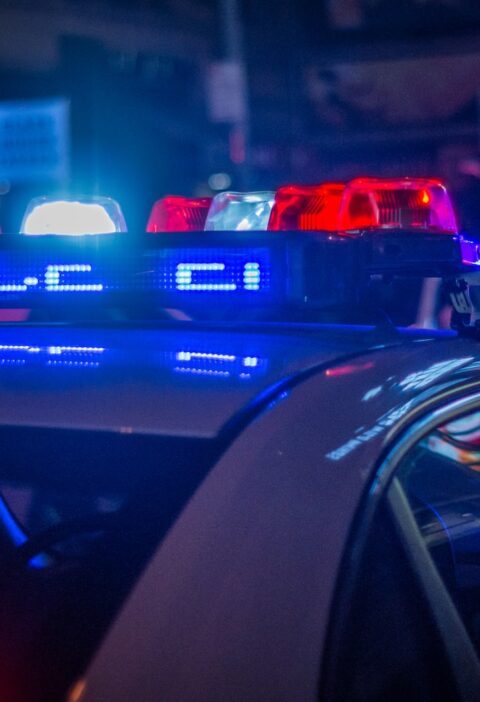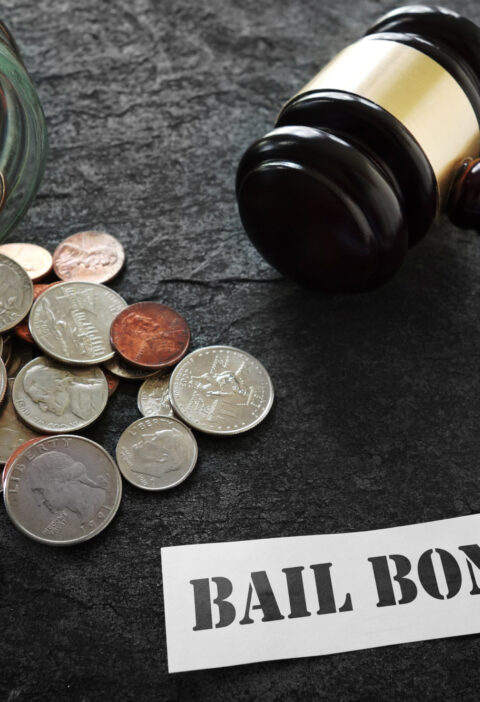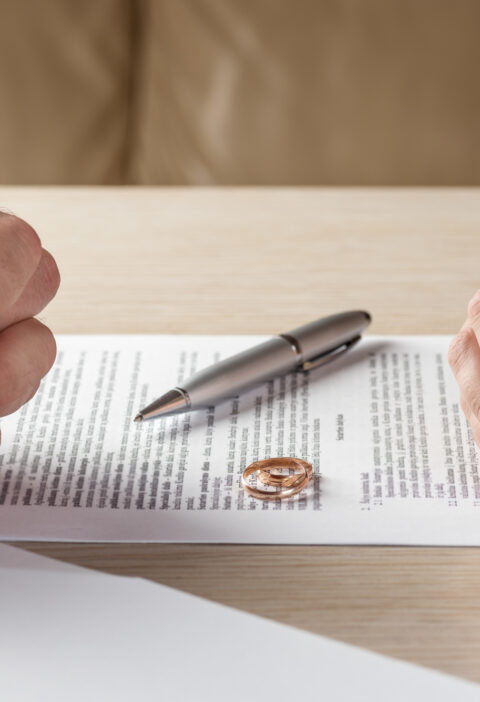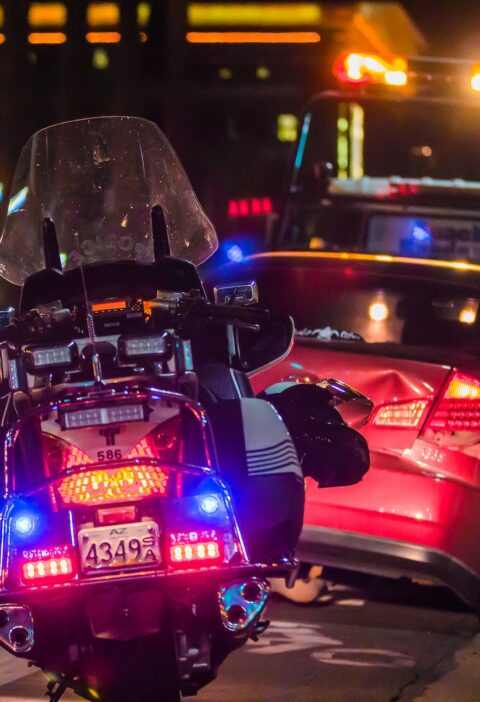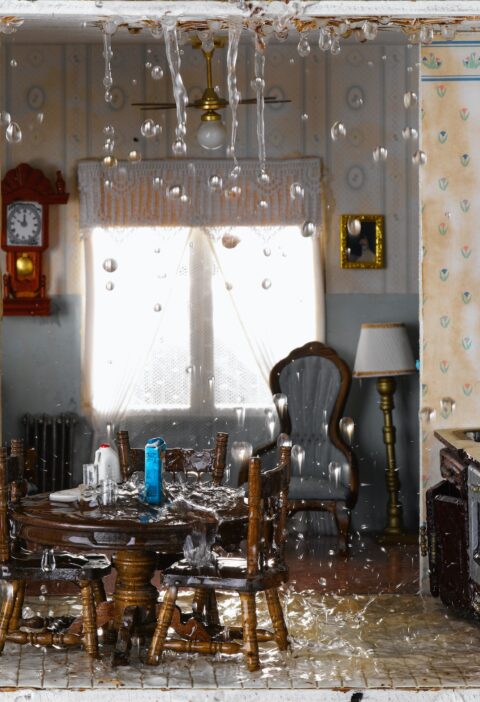When an individual becomes a victim of a violent crime on someone else’s property, they may not only seek justice against the perpetrator but also have grounds to file a premises liability lawsuit against the property owner, especially when there is evidence of inadequate security.
This article delves into the intricacies of third-party crime premises liability, shedding light on the responsibilities of property owners and the legal avenues available to victims.
The Concept of Premises Liability
Premises liability refers to a legal concept where property owners and residents are held accountable for accidents and injuries that occur on their property. This legal principle applies to both commercial and residential property owners. From slip-and-fall cases to accidents resulting from falling debris, premises liability covers a wide range of incidents.
However, the realm of premises liability extends beyond physical hazards and defects in the property. It also encompasses cases where a property owner could be held liable for the criminal acts of a third party on their premises. These cases are often tied to allegations of negligent or inadequate security.
The Role of Inadequate Security in Premises Liability
Inadequate security premises liability cases typically arise when a person becomes a victim of a crime on someone else’s property, primarily commercial sites such as malls, hotels, office buildings, parking lots, ATMs, and college dormitories. The argument in these cases is that the property owner’s negligence in providing adequate security measures opened the door for the criminal act to occur, leading to harm to the victim.
Instances of inadequate security may include:
- Insufficient lighting
- Broken or weak locks
- Absent or poorly-trained security guards
- Lackluster management policies
- Failure to restrict access to the property
- Absence of alarms or security cameras
- Failure to run background checks on employees or tenants
Cases Involving Third-Party Criminal Activity
If you become a victim of a third-party criminal act on a defendant’s property, you may be entitled to sue and recover damages from the defendant, in addition to the third-party criminal. For example, retail store owners have a responsibility to keep their property reasonably safe, which includes providing adequate security. If you need help navigating your case, click here now to contact an experienced attorney.
Foreseeability: A Key Element in Inadequate Security Lawsuits
A crucial factor in inadequate security lawsuits is the element of foreseeability. This principle questions whether the property owner knew or should have known that a crime was probable on their premises.
Inadequate security cases hinge on the plaintiff’s ability to prove that the property owner had actual or constructive knowledge of the potential danger. In many instances, evidence of similar crimes in the area, their recency, and geographic proximity are taken into account to establish foreseeability.
The Complexity of Proving Foreseeability
While the concept of foreseeability might seem straightforward, courts have expressed differing views on how to weigh the elements that establish foreseeability.
For instance, Florida’s Third District Court of Appeal has ruled that evidence of similar crimes on the premises is required to prove foreseeability. In contrast, Florida’s Fourth District Court of Appeal stated that evidence of all prior crimes, even lesser ones, could be relevant in determining foreseeability.
Landowner’s Defense: The “Open and Obvious” Principle
In some states like Florida, defendants can use the “open and obvious” defense to avoid liability for premises-related hazards. This defense asserts that a defendant cannot be held accountable if the hazard that resulted in the plaintiff’s injuries was open, obvious, and could have been avoided through the reasonable care of the plaintiff.
The Exception to Florida’s Joint and Several Liability Law
In Florida, a plaintiff who wins a lawsuit alleging injury due to inadequate security resulting from a criminal act can expect to collect the entire apportionment of damages. This is because Florida law excepts actions based on intentional torts or criminal acts from the state’s joint and several liability law.
In Conclusion
In cases of third-party crime premises liability, the law can be complex, and the issues often overlap. If you or someone you love has been a victim of a crime on someone else’s property, you may have grounds to file a premises liability lawsuit. Experienced premises liability attorneys can guide you through the legal complexities and help you secure the compensation you deserve.



